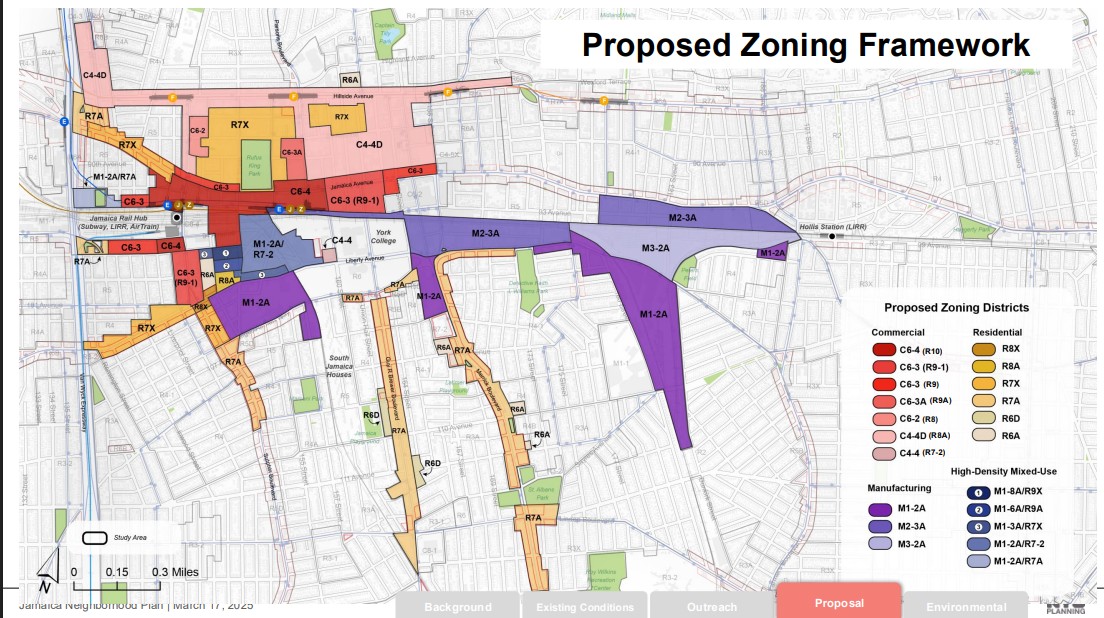
The nonprofit Housing Rights Initiative and its law firm partners are slated to file four class action lawsuits Thursday alleging East Harlem landlords have benefited from a tax break without abiding by rent rules tied to the incentive.
The complaints allege three properties owned by LLCs affiliated with Isaac Kassirer, head of Emerald Equity Group, and another owned by an LLC tied to the Scharfman Organization, have removed apartments from the rent stabilization system, while receiving J-51 tax benefits meant to incentivize residential renovations.
East Harlem residents asked the court to rule that the apartments must be registered as rent stabilized and that overcharged tenants must be refunded, according to complaints filed by Grimble & LoGuidice LLC, and the law offices of Jack Lester and John Maher.
“East Harlem is rapidly gentrifying, so in rapidly gentrifying areas, you’re going to see a lot of private equity-type of landlords,” said Aaron Carr, founder of the Housing Rights Initiative, which researches and fights fraudulent real estate practices. “They’re speculating on the future market growth, and trying to achieve a rapid return on their investment.”
The complaints cover 1569 and 1571 Lexington Ave. and 413-415 E. 114th St., which LLCs associated with Kassirer purchased in 2016, and which have been benefiting from J-51 since 2008, 2006 and 2009, respectively, according to the documents.
After receiving the benefits, prior landlords treated apartments as market-rate and raised rents beyond what was allowed by the Rent Guidelines Board, the complaints said.
Under Kassirer’s leadership, the overcharges allegedly continued and, according to the complaints, the landlord informed the city it was complying with requirements for J-51 recipients, including keeping units rent stabilized.
The lawsuits also note that some qualified tenants could have been denied access to rent freezes under the Senior Citizen and Disabled Rent Increase Exemption programs because they were allegedly misled into thinking their homes were not rent stabilized.
Kassirer did not respond to requests for comment.
A fourth complaint claims an LLC associated with the Scharfman Organization accepted a 34-year exemption from real estate taxes at 127 E. 101 St. in 2003, but did not treat apartments in the building as rent stabilized.
Then in 2016, the state sent a directive to the landlord requiring it to give tenants notice that their apartments were rent stabilized and to offer them lease renewals at rates that did not exceed what they were currently paying, according to the complaint.
In response, the landlord allegedly feigned compliance by registering apartments with arbitrary and inflated rent rates, the complaint said.
The Scharfman Organization did not respond to requests for comment.
Carr noted that the Housing Rights Initiative’s work has led to eight other lawsuits accusing the Scharfman Organization of similar behavior. None of these cases have concluded yet.
“It’s a shame the state has not conducted a portfolio-wide investigation into this,” Carr said. “With landlords like Scharfman, they’re not only screwing the tenants, they’re screwing the taxpayers.”



































